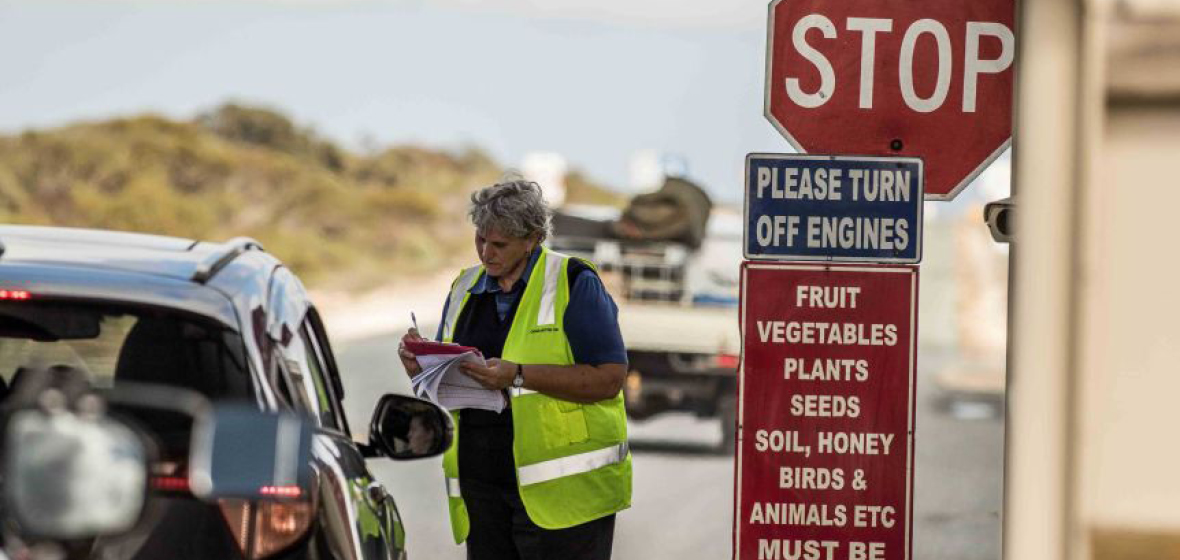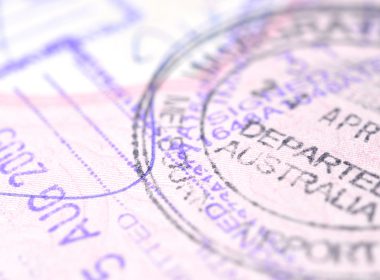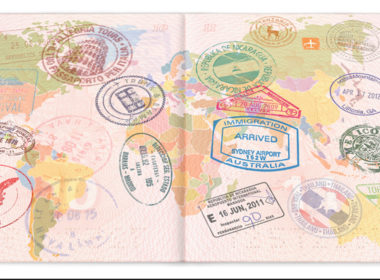Snapshot
- On 5 April 2020, Western Australia imposed border restrictions in response to COVID-19. Clive Palmer and Mineralogy Pty Ltd have launched proceedings in the High Court arguing their invalidity under s 92 of the Constitution.
- On 25 August, the Federal Court, on remittal from the High Court, made a number of findings of fact about the relative effectiveness of WA’s border restrictions (from a public health perspective) in comparison with other measures aimed at restricting the spread of the virus. The case now returns to the High Court, most likely in November 2020, for further legal argument.
- The case gives rise to difficult but important questions of proportionality in respect of both the freedom of interstate trade and commerce and the freedom of interstate intercourse.
On 25 May 2020, Clive Palmer and Mineralogy Pty Ltd commenced proceedings in the original jurisdiction of the High Court alleging that Western Australia’s (‘WA’) border restrictions are in breach of s 92 of the Constitution. On 16 June, Kiefel CJ remitted part of those proceedings – essentially the determination of contested questions of fact – to the Federal Court. On 25 August, Rangiah J issued a number of findings of fact and the case is now set to return to the High Court for further argument – most likely over two days before a Full Court in November 2020. Not only is the constitutionality of state border restrictions a matter of significant public interest and practical importance, in the words of the Western Australian Solicitor-General this case may also be ‘one of the most significant cases on s 92 for some time’.
Background
A number of states and territories have introduced various border and travel restrictions in response to the COVID-19 pandemic, typically by way of delegated legislation made in the purported exercise of powers under public health or emergency legislation. On 15 March 2020, the WA Minister for Emergency Services declared a state of emergency pursuant to s 56 of the Emergency Management Act 2005 (WA) (‘the Act’). On 5 April, the WA State Emergency Coordinator and Commissioner of Police, Christopher Dawson, issued the Quarantine (Closing the Border) Directions (‘the Directions’) in purported exercise of powers under ss 61, 67, 70 and 72A of the Act. Although subsequently amended, the Directions are (at the time of writing) still in force. Clause 4 of the Directions prohibits entry into WA by anyone not meeting the definition of an ‘exempt traveller’. Clause 5 also prohibits an exempt traveller from entering WA in certain circumstances (e.g. the person has tested positive for COVID-19, or has symptoms of COVID-19, or is a close contact, or is awaiting a test result for COVID-19). Clause 27 then defines ‘exempt traveller’. In addition to workers in a number of specified fields, the definition of exempt traveller also encompasses certain persons seeking to enter WA on medical or compassionate grounds as well as persons who, although not otherwise meeting the definition, obtain the written approval of the State Emergency Coordinator to enter the state.
Clive Palmer, who did not otherwise meet the definition of an exempt traveller, applied under cl 27(r) for written approval to enter WA from Queensland in connection with his business activities as a director of Mineralogy Pty Ltd. Mr Palmer’s request was denied and as a result of cl 4 he was prohibited from entering WA. Mr Palmer and Mineralogy Pty Ltd (the ‘plaintiffs’) launched proceedings in the original jurisdiction of the High Court against the State of Western Australia (the ‘first defendant’) and the State Emergency Coordinator and Commissioner of Police, Christopher Dawson (the ‘second defendant’), seeking a declaration that the Directions and/or the Act are contrary to s 92 of the Constitution and invalid. The Attorney-General for Queensland intervened in support of the defendants and the Attorney-General for the Commonwealth intervened in support of the plaintiffs but subsequently withdrew from the litigation.
Section 92 of the Constitution
Section 92 provides that ‘trade, commerce, and intercourse among the States … shall be absolutely free.’ Section 92 contains not one but two constitutional freedoms: the freedom of interstate trade and commerce, and the freedom of interstate intercourse. The two freedoms are related but distinct. It is possible for a given law to violate none, one or both of these freedoms. The current case on the WA border restrictions is being argued on both of the freedoms in s 92.
Over the years, s 92 has given rise to a number of problems of constitutional interpretation. Without rehearsing them all here, it is worth noting the difficulty caused by the word ‘absolutely’ in respect of each of the freedoms in s 92. What kind of legislative encroachments into these freedoms are permissible given that the Constitution describes the freedoms as ‘absolute’? Is imposing state border restrictions in response to a pandemic consistent with the ‘absolute’ constitutional freedoms of interstate trade, commerce and intercourse?




